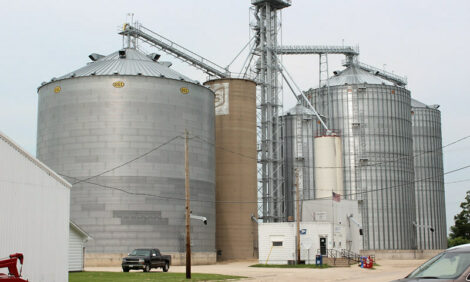



Tips For Winter Storms & Milk Dumping
US - Pennsylvania Agriculture Secretary Russell C. Redding has reminded farmers about the importance of pre-planning in light of the current bout of winter weather across Pennsylvania and offered guidance on how milk should be dumped if needed."Earlier this month, we experienced back-to-back blizzards that brought record-setting levels of snow to some parts of the state," Mr Redding said. "This extreme snowfall brought unique challenges to the agriculture industry, from milk trucks being unable to reach farms to feed shipments being delayed on the roads and railways.
"By anticipating issues you may experience and preparing in advance for a storm, farmers and agribusinesses can be ready for potentially challenging weather."
Mr Redding offered the following tips for producers to consider:
- Work with suppliers in advance of storms to ensure timely delivery of feed and other essential items.
- Contact co-ops and milk haulers in advance of the storm to discuss your storage tank capacity and possible alternate pick-up schedules.
- Reach out to your township supervisor to alert them to pickup and delivery needs at your farm and receive updates on when roads leading to your farm may be plowed.
- Create a bank of important phone numbers for individuals and suppliers you work with and coordinate schedule adjustments with them.
- Make arrangements for snow removal and clearing on your farm, including private farm lanes. When clearing snow, remember to check barn roofs as well to avoid structural damage or collapses.
During the previous storms, some dairy producers had to discard milk due to road closures and other hazards. According to Mr Redding, the Department of Environmental Protection offers the following guidance if you must dump milk:
- Take all necessary steps to prevent milk from entering any waterways.
- Dump milk into a manure pond or natural depression.
- Only dump the amount of milk necessary to accommodate the needed milking due to runoff when snow melts.
TheCattleSite News Desk


